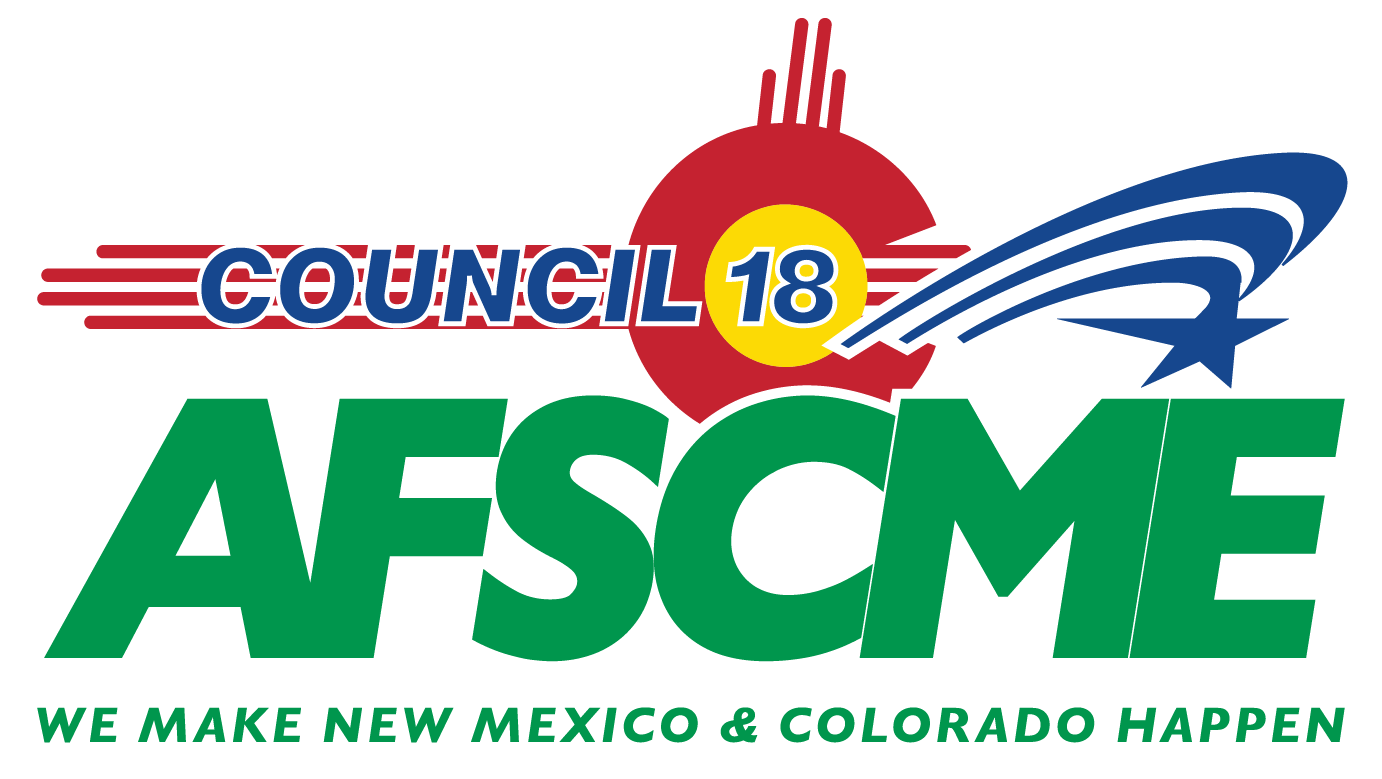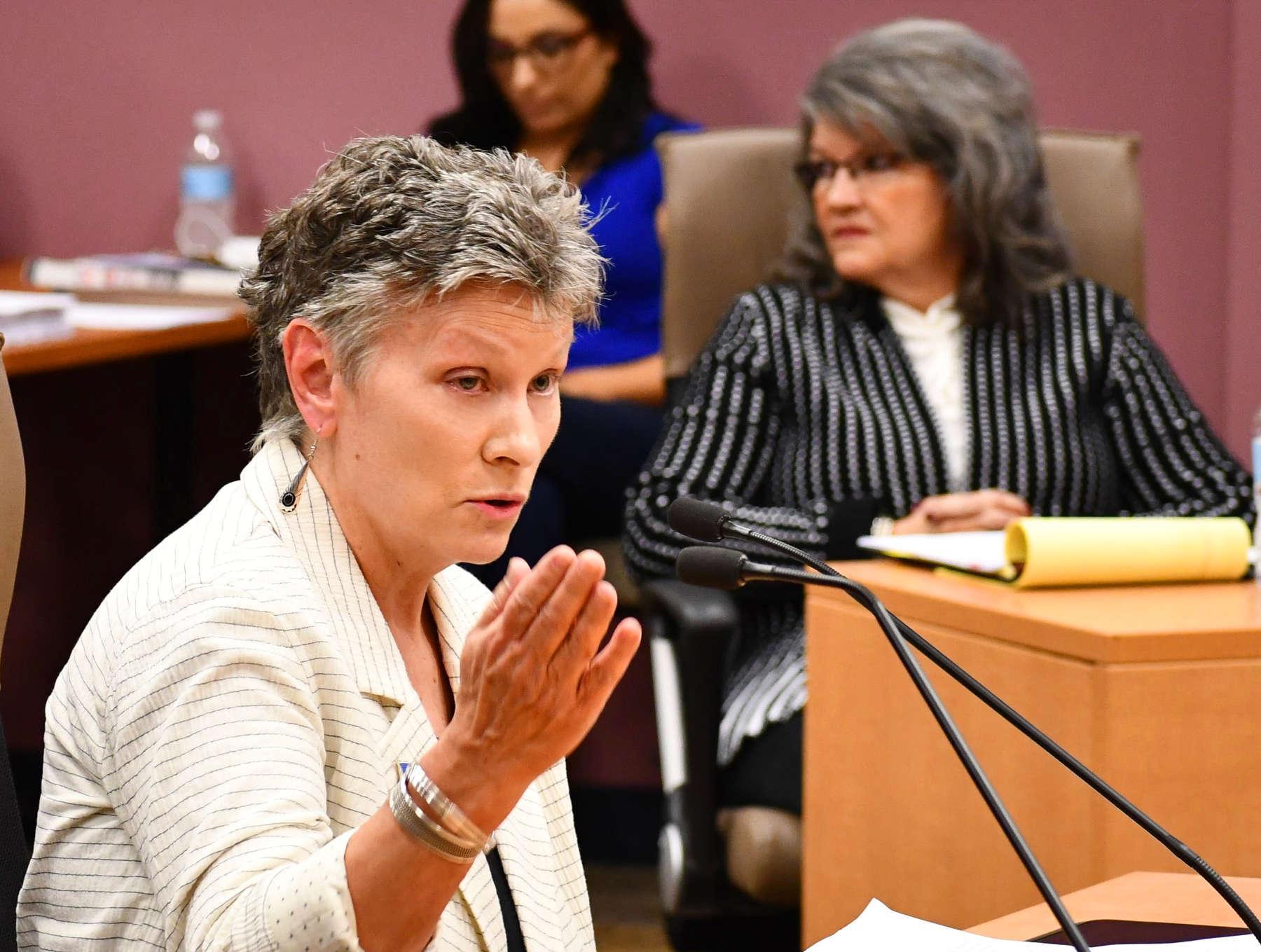Dear Sisters and Brothers,
AFSCME stands for workplaces free from sexual harassment, discrimination, intimidation, bullying and any other type of inappropriate behaviors. AFSCME union power must be used to combat such behaviors and re-establish safe, healthy and respectful workplaces.
Recently we've all read and heard allegations of sexual harassment from all spectrums of society and workplaces. Make no mistake, sexual harassment is a type of illegal discrimination which affects over two-thirds of working women and a significant number of men. And it is without a doubt that education through the media and through training programs from unions, employers and advocacy groups on this subject must be enhanced and done so immediately.
To that end, AFSCME Council 18 will be supplementing its ELITE training program for stewards, leaders and activists to include training on topics such as how to identify inappropriate behaviors, what information must be gathered, what is the best avenue to file the complaint/to whom does the complaint get filed. As not all stewards may be comfortable handling sexual harassment issues, your local union may designate certain stewards or local union officers to address these grievances.
Here is vital information about AFSCME's role in addressing sexual harassment, and what steps you may take to reclaim safety and YOUR POWER at work.
- Title VII of the Civil Rights Act applies to unions as well as to employers. Unions have a duty to make a good faith effort to stop employment discrimination including the prompt filing of grievances in appropriate cases.
- Object! Make it clear to the harasser that his or her behavior is unwelcome. While you may prefer to object verbally in the beginning, if the harassment continues, object in writing and keep a copy of the letter. Be specific about what behavior you find objectionable.
- Keep a log or diary of incidents-date, time, place, behavior, what was said, witnesses. Keep the log in a safe place at home, not at work.
- Don't suffer in silence! The harasser is counting on you to keep it a secret. Information you disclose will be shared only with appropriate parties to protect the confidentiality of all involved.
CONTACT YOUR AFSCME LOCAL UNION and Your Human Resource Office if you believe you've experienced harassment. Do not hesitate to ask for assistance from the council representative, steward or local officers. At times, it is better for all concerned if someone from outside the work group gets involved.
Here are more AFSCME resources to help you understand and navigate a potential case of sexual harassment at work.
- Sexual Harassment - A Union Issue
- What Is Sexual Harassment?
- Some Myths and Facts
- Sexual Harassment Is Against the Law
- What To Do If You Are Sexually Harassed
- What the Union Can Do (internal links)
- To Union Representatives
- Appendix (AFSCME 1992 Resolution fighting sexual harassment)

Connie Derr, Council 18 Executive Director and AFSCME International Vice President for Southwestern District addressing (all-male) Sandoval County Commission during anti-worker ordinance hearing.
Sisters and Brothers, we must stand beside one another and ensure AFSCME workplaces are healthy workplaces with high standards for respect and dignity. We must make ALL workplaces AFSCME Strong!
In Solidarity,
Connie Derr, Executive Director
AFSCME Council 18
AFSCME International Vice President, Southwestern District

